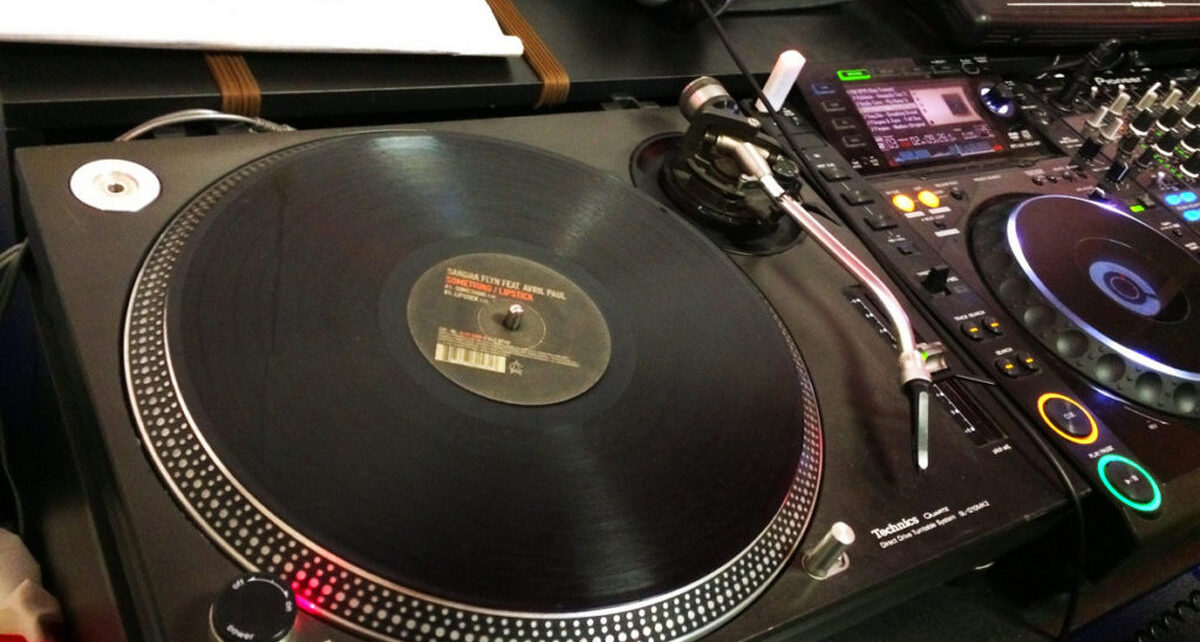
- foundations of music theory;
- basic concepts (scale, interval, chord, harmony, basics of musical form);
- systemic understanding of the logic of arranging musical material in a piece;
- improving the skills of “sight reading”;
- assistance to students of music schools – an individual approach.
A course in improvisation and composition on the piano. For those who have already mastered musical notation (second year of study).
- studying the basics of music theory, developing creative thinking, self-expression through music;
- selection by ear of your favorite songs and overlaying accompaniment;
- the concept of a melody and how to compose it;
- definition of what harmony is and how to find beautiful sounds; Search for options for piano texture and expressive capabilities of the instrument;
- depending on preference, you can make more bias in composition or improvisation.
Music history (for everyone from 10 years old)
- the history of music in an understandable and popular presentation;
- understanding the logic of the development of world culture in connection with other arts and historical events;
- for those who have at least once fallen asleep at the opera or left after the first part of the concert and decided that classical music is boring.
Listening to music (for the little ones)
- introduction to music;
- easy game form of material presentation;
- study of basic concepts.